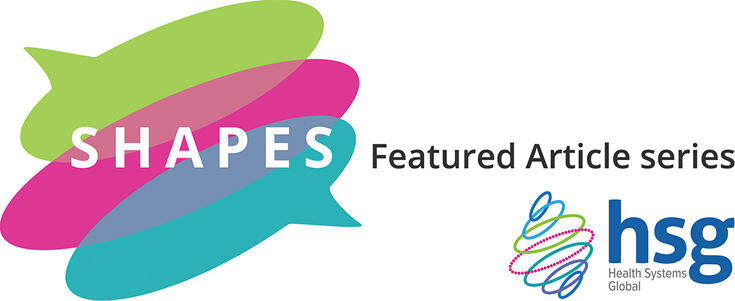
The experiences described in this blog are drawn from ongoing ethnographic fieldwork conducted among homeless women with maternal and child health concerns. This is from a project entitled Promoting Evidence-informed Interventions for Communities of the Homeless through an Action Network with the George Institute for Global Health, India.
I have been conducting ethnographic research among homeless people who live under the flyover in Delhi, India since the beginning of 2019. Ethnography is the study of how groups of humans behave, perceive and interact. According to Martyn and Paul (1995) “the ethnographer participates… in people’s daily lives for an extended period of time, watching what happens, listening to what is said, asking questions […] to throw light on the issues with which he or she is concerned”. My ethnography among the homeless people typically involved regular visits to the area, multiple interviews with each participant, observing and accompanying women and their family members in their day-to-day lives, and field notes after each visit.
I considered sleeping rough as part of my ethnography, but the prospect was too much. I did not have the courage, as a female researcher, even before I knew of the physical attacks on the homeless by rats and the numerous life challenges my homeless acquaintances faced. Nor during my visits and interactions, could I live completely as they did. For example women at times chose roadsides to relieve themselves because the only other option was to use distant toilets. But I was uncomfortable to do the same. So I witnessed – but never experienced – the anxiety of peeing inside a temporary cloth enclosure. I also saw – but did not have to endure – heat rashes, regular carrying of heavy buckets of water across long distances, cold water washes, and days of not being able to wash at all.
Over time, as homeless persons began regularly conveying their health problems to me, I found myself take up the position of a social worker – a role I never envisaged for myself – from assisting homeless people with healthcare (via a non-governmental organization) to at times assisting in emergency situations, for instance taking an 8-year-old to hospital following an injury.
In some ways, a symbiotic relationship has evolved between the bespectacled researcher who wanted to learn from homeless women about their lives and ante-natal care needs and the homeless participants. But I remain troubled by the fact that this interdependence between the researcher and the homeless people will be abruptly terminated when the ethnographic study comes to an end in the summer of 2020. Although my research project will be over, the homeless people will palpably continue to have these health problems.
In the course of my conversations with them, participants have expressed their reservations about people collecting data, and bringing about no change in their living conditions. The importance of working to share my ethnographic findings, and ensure the insights are heard by those with the power to act, is essential. But what impact can a public health researcher with less than five years of professional experience have on policy? I have tried to publish my qualitative findings in news media and to advocate for change. But it’s hard for an early-career researcher in India to push the boundaries: media pays greater attention to quantitative, clinical data, and it’s easier for well-connected people to publish their articles; while activism feels like a labyrinth of already connected people. Clearly, I will continue to try to make links and collaborations that help me convey my findings to decision-makers, but I fear many challenges will remain.
I learned so much about the hardships of living on the streets, about systemic inequities in access to healthcare, social determinants, and women’s agency and resilience even in these hard settings. In recognition of this, and even though it might sound a bit overwhelming, research should involve homeless participants as key stakeholders in all activities — from the conceptualization of grants, to writing of proposals, to fieldwork and dialogue with policy makers. This is acknowledging that ethnography, while giving us a glimpse of the lives of participants (bringing to fore deep-rooted challenges in accessing healthcare and attaining good health), is only an initial step, and not the only step. Still, while co-design of research and policy dialogue are desirable from my perspective, I recognise that accessing funds is challenging and that funds are often limited and short term. Moreover, such an approach inevitably brings with it new ethical dilemmas requiring careful reflection and planning from the outset.
In sum, reflexivity of the researcher and his or her responsibilities before, during and after a study ends is essential to doing ethical research. Even more so when you work with homeless people.
Welcome to the SHAPES article series, hosted by IHP. SHAPES is a thematic working group within Health Systems Global, which facilitates discussion, debate and collaboration around social science approaches for research and engagement in health policy & systems. In the months leading up to the 6th Global Symposium on Health Systems Research in Dubai (Nov 2020) SHAPES members will be blogging about the Symposium's theme of "re-imagining health systems for better health and social justice" through a social science lens.
View entire SHAPES series